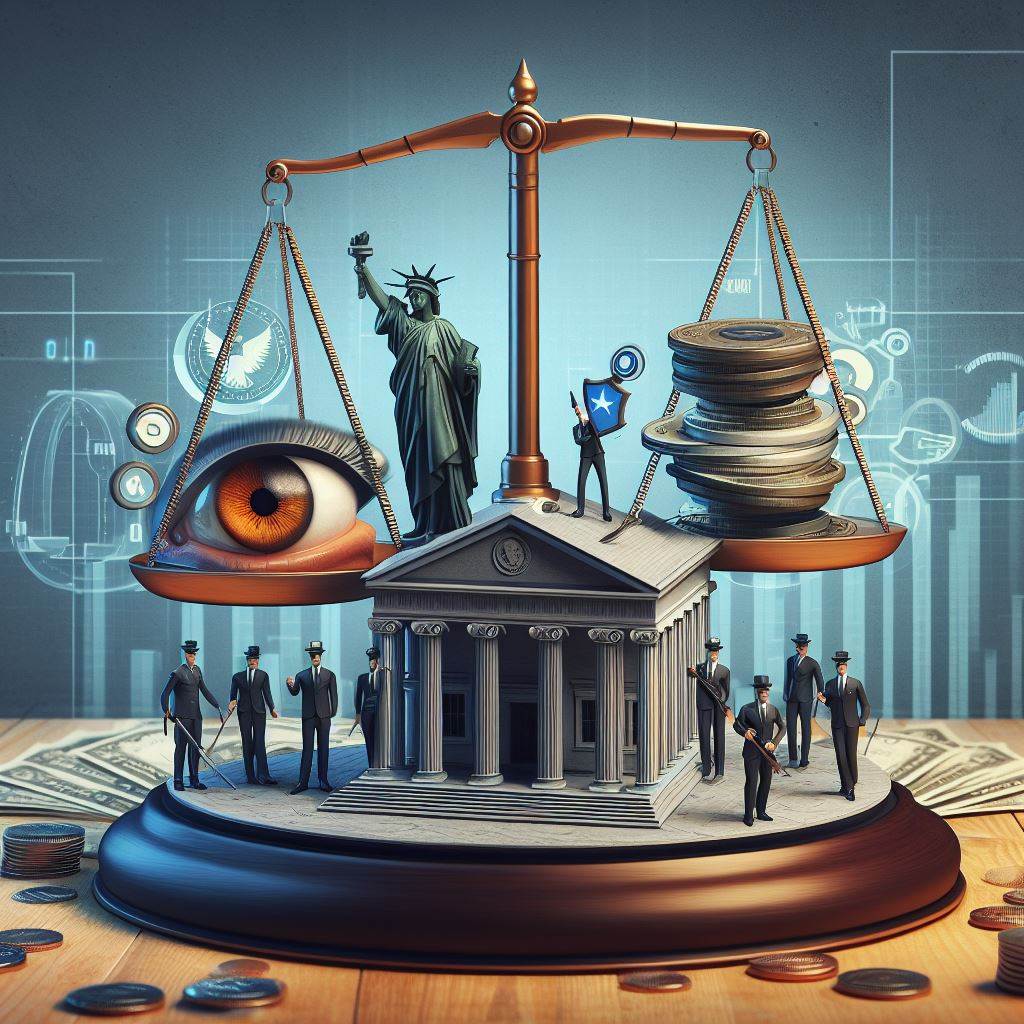House of Representatives Passes Bill Banning Federal Reserve from Issuing a CBDC
Introduction
In a significant move, the U.S. House of Representatives recently voted to prevent the Federal Reserve from issuing a central bank digital currency (CBDC). The CBDC Anti-Surveillance State Act, championed by House Majority Whip Tom Emmer (R-MN), aims to safeguard financial privacy and prevent government overreach. Let’s delve into the details of this legislation and its implications.
The CBDC Anti-Surveillance State Act
The CBDC Anti-Surveillance State Act, officially known as HR 5403, passed the House by a vote of 216-192, almost entirely along partisan lines. While all Republicans supported the bill, only three Democrats backed it. The legislation seeks to achieve the following:
- Prohibition of Direct CBDC Issuance:
- The Act prohibits the U.S. Federal Reserve from directly offering CBDC products or services to individuals.
- It ensures that the Fed cannot maintain individual accounts or issue a digital dollar (CBDC) directly or indirectly without explicit authorization from Congress.
- Monetary Policy Constraints:
- The legislation also bars the Federal Reserve from using a digital dollar for implementing monetary policy.
- This restriction prevents the CBDC from becoming a tool for surveillance or control.
Privacy Concerns and Authoritarian Regimes
The driving force behind the CBDC Anti-Surveillance State Act lies in concerns over privacy. Policymakers worry that a digital dollar could be used to track citizens’ financial transactions, potentially compromising individual privacy. China’s digital renminbi (e-yuan) experiment has raised alarms, as it demonstrates how a CBDC could be wielded for surveillance purposes.
House Majority Whip Tom Emmer has been vocal about the risks associated with CBDCs. He emphasizes that protecting privacy, individual sovereignty, and the competitive free market necessitates curbing the Fed’s ability to issue a digital currency without proper oversight.
Debates and Perspectives
While Republicans view the legislation as a defense against government intrusion into personal finances, some Democrats argue that it could hinder the U.S.’s competitive edge in digital currency innovation. The delicate balance between privacy and innovation remains at the forefront of discussions.
The Road Ahead
Although the CBDC Anti-Surveillance State Act has passed the House, its fate in the Senate remains uncertain. Given the divided Congress, it faces an uphill battle. If it clears the Senate and receives presidential approval, it will become law.
Conclusion
The House’s decision to halt the Federal Reserve’s CBDC plans reflects the ongoing debate over privacy, financial innovation, and government intervention. As the digital currency landscape evolves, policymakers must strike a balance that protects citizens while fostering economic progress.
